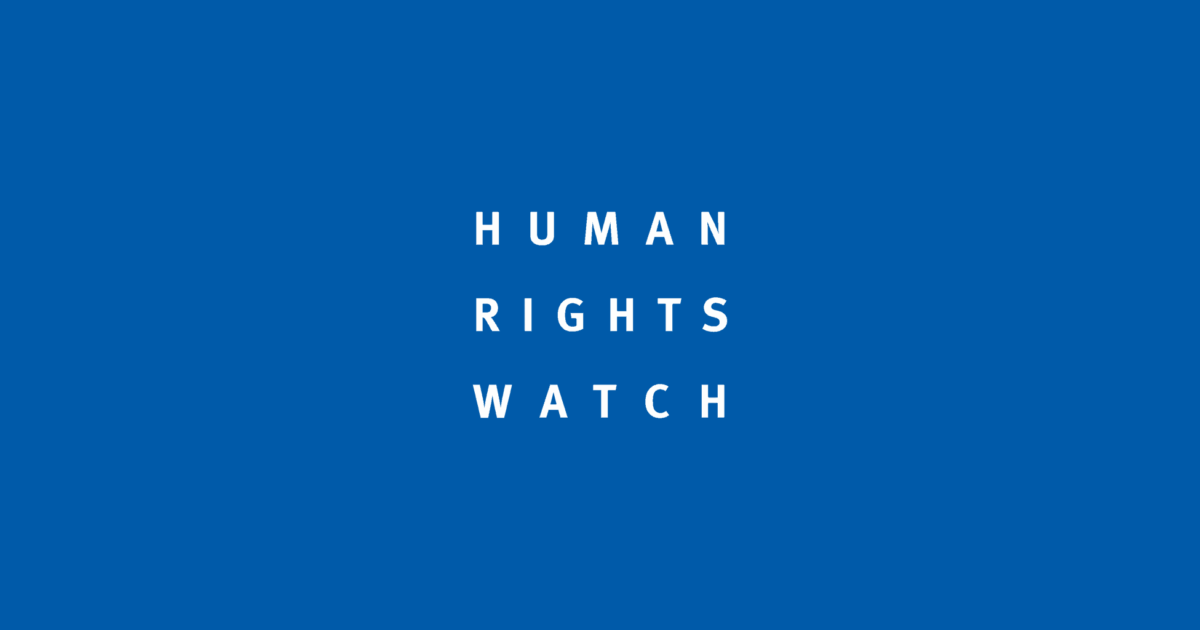Liberia
Liberia
Women in Liberia were powerful non-violent activists during the years of the the Second Liberian Civil War (1999-2003), and have led the efforts to rebuild their country through empowering women to participate in politics and peace processes.
Under the presidency of Ellen Johnson Sirleaf, the first democratically elected female head of state in Africa, Liberia has developed a National Action Plan on the implementation of Resolution 1325 (2000), and began a constitutional review process in 2015 that many hoped would outlaw discrimination against women.
However, traditional and cultural practices perpetuate gender inequality through today, exacerbated by the de-prioritization of the gender equality agenda following the Ebola epidemic. Women community leaders were instrumental in stopping the spread of the Ebola virus in 2014, during which women paid a particularly high price— three in four Ebola deaths were women, due to their traditional roles of caregivers (Liberian Ministry of Health).
Based on the work of NGOWG members and their partners, the NGOWG advocates for the Security Council’s continued support for the United Nations Mission in Liberia (UNMIL) in the effort to mainstream the women, peace and security agenda across its entire operation, giving special attention to sexual and gender-based violence.
Current and Past Recommendations to the UN Security Council (Monthly Action Points)
The Council is expected to consider the situation in Liberia in the context of the drawdown of the UN Mission in Liberia (UNMIL) and recent elections. It is imperative that, over the course of the transition, gender equality and women’s empowerment efforts are prioritized, including in the context of electoral and political processes, justice and security sector reform, and efforts to strengthen the rule of law, and any entities which take on transferred responsibilities have the necessary capacity and resources. The efforts undertaken by UNMIL in the lead up to the election (S/2017/510) should also be followed-up on in order to support ongoing engagement of women in civic processes. Finally, the Council should inquire about implementation of the 2015 National Action Plan (NAP) on Resolution 1325 (2000) (CEDAW/C/LBR/CO/7-8).
Relevant Resources









